
The International Conference on Computing and Communication Applications and Technologies (I3CAT-2021) has been held virtually on September 15–16, 2021.
I3CAT-2021 is co-organized by the University of Information Technology and Communications (UOITC), Baghdad, Iraq and The University of Suffolk, London, UK.
I3CAT-2021 has been endorsed by the Institute of Electrical and Electronics Engineers (IEEE) UK Section and accepted papers has been published on IEEE Xplore Digital Library. https://ieeexplore.ieee.org/xpl/conhome/9629353/proceeding
| Conference Dates | 15-16 September 2021 |
| Camera Ready Submission | 1 September 2021 |
| Acceptance Notification On/Before | 15 August 2021 |
| Paper Submission Deadline Extension | 1 July 2021 |
| Paper Submission Deadline | 15 June 2021 |
I3CAT-2021 has been addressed recent advancements in the field of Intelligent Computing and Communication emerging fields of research such as:
Computer Games and Creative Technologies, Telecommunication application, Cyber security, Computer Networks, Mobile Communication and Applications, Media Technology, Artificial Intelligence, 5G and Beyond, Intelligent Bioinformatics, Software Engineering, Big Data, and Digital arts. The advancements in the field of intelligent computing and new communication technologies are affecting the human life. The Conference organizers are interested to provide an advanced research event for researchers from all over the world. This interesting event aims to provide an internationally respected forum for scientific research and focus on recent computing and communication technologies and applications.
I3CAT’21 Committees
General Chairs
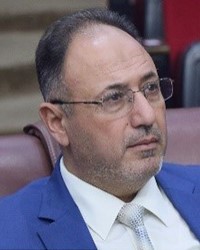
Prof. Abbas M. AL-Bakry (PhD)
President of UoITC – Iraq.
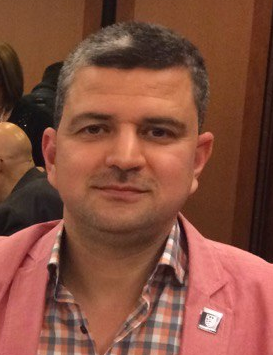
Laith Al-Jobouri (Ph.D.)
Abertay University – UK.
Organizing Committee
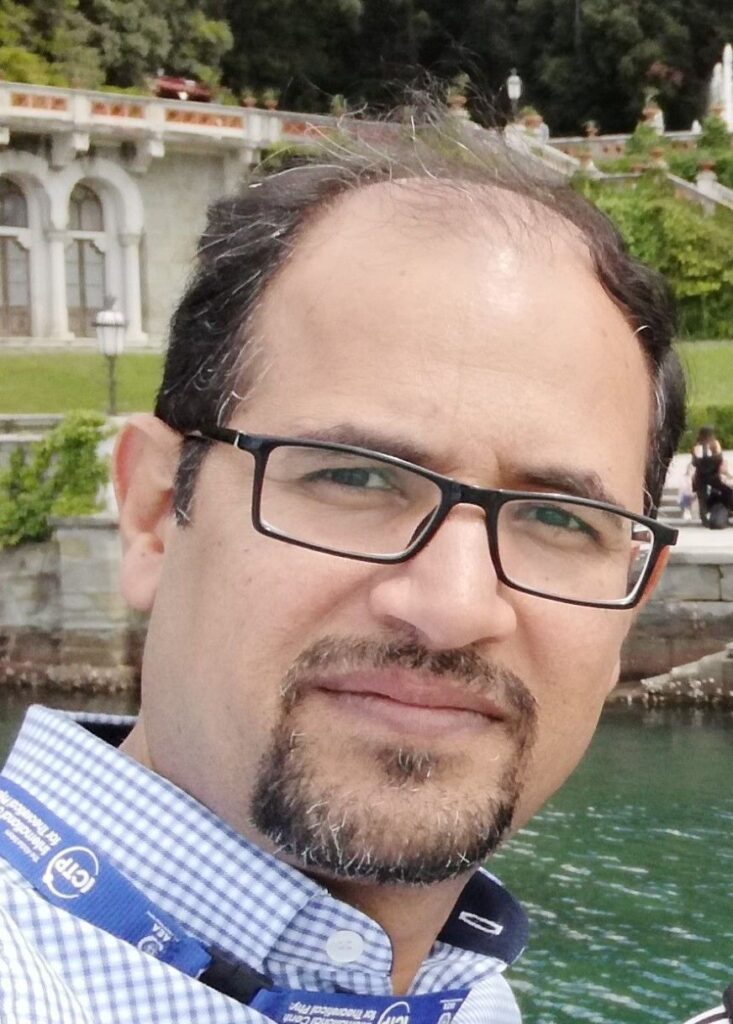
Prof. Mouayad A. Sahib (Ph.D.)
UoITC – Iraq.

Laith Al-Jobouri (Ph.D.)
Abertay University – UK.
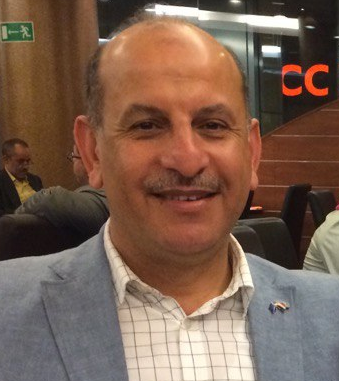
Thaker M. Nayl (Ph.D.)
UoITC – Iraq.
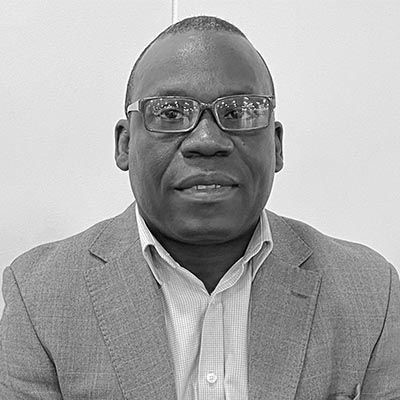
Felix Ngobigha (Ph.D.)
UoS – UK.
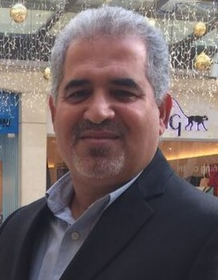
Nadhir Abdulkhaliq (Ph.D.)
UoITC – Iraq.
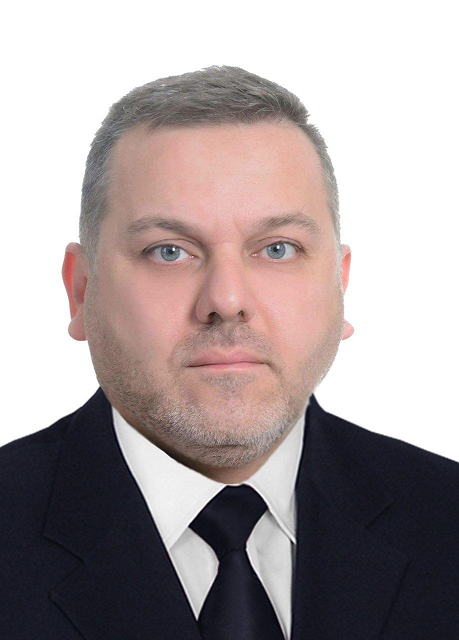
Ali Hussein Alnooh (Ph.D.)
UoITC – Iraq.

Ali Hasan Alhaj
UoS – UK.
Technical Program Chairs

Professor Alistair Mathie (Ph.D.)
UoS – UK.

Thaker M. Nayl (Ph.D.)
UoITC – Iraq.
Technical Program Committee

Prof. Nicholas Caldwel
(Ph.D.) UoS – UK.
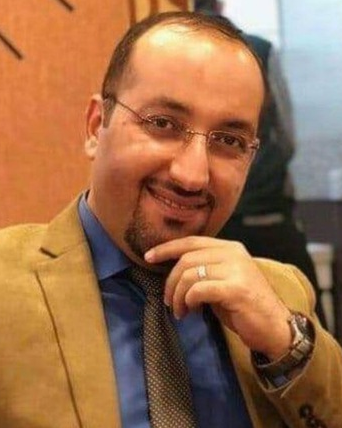
Saad A. Dheyab (Ph.D.)
UoITC – Iraq.

Felix Ngobigha (Ph.D.)
UoS – UK.
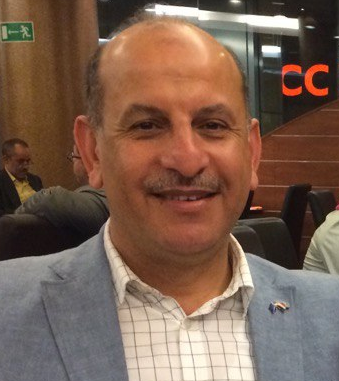
Thaker M. Nayl (Ph.D.)
UoITC – Iraq.

Adnane Ez-Zizi (Ph.D.)
UoS – UK.
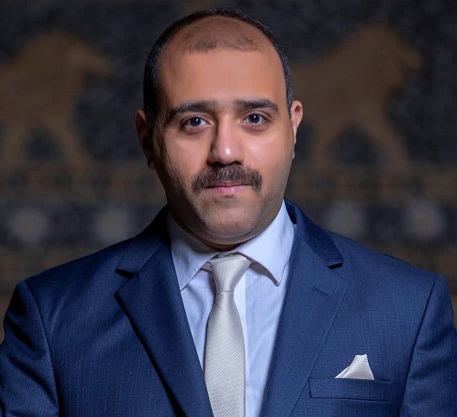
Taif Alobaidi (Ph.D.)
UoITC – Iraq.

Martin Fleury (Ph.D.)
UoS – UK.
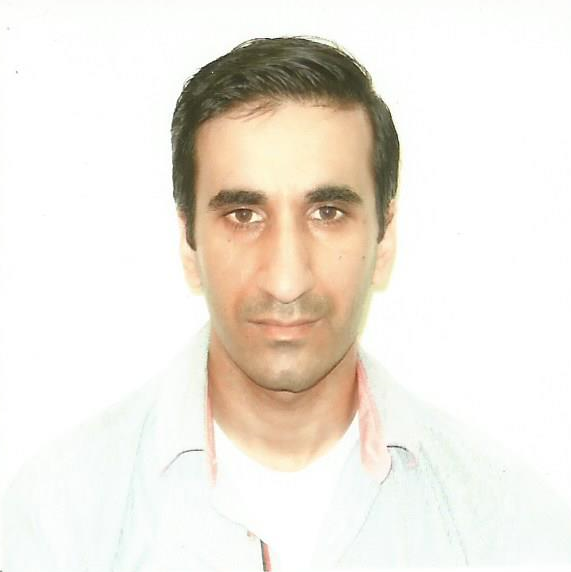
Ali Najdi Al-Shuwaili (Ph.D.)
UoITC – Iraq.
Publication Committee
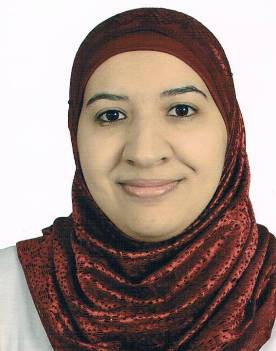
Noor Ahmed (Ms.C.)
UoITC – Iraq.

Kostas Dizas, TTL – UK.
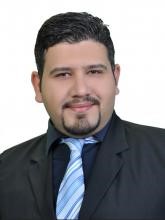
Atheer M. Alchalabi (Ms.C.)
UoITC – Iraq.

Sally Emad Mohammed
UoITC – Iraq.
Keynote Speakers
1- Title of presentation:
Quantum Computing, Neuromorphic Computing & Future Minds
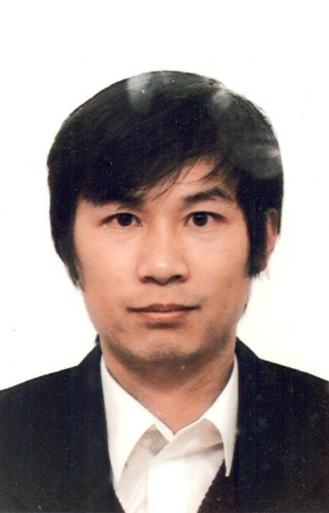
Prof. Frank Wang
Chairman, IEEE Computer Society, UKaI Chapter
Head of School of Computing (2010-2016)
School of Computing
University of Kent
United Kingdom
Abstract
Neuromorphic Computing was inspired by the 1981 Nobel Prize work by David H. Hubel & Torsten Wiesel, who found a cascading model in the human brain. Quantum qubits exhibit magnetism-electricity interaction that is similar to that of a memristor. We are building a brain-like computer based on ideal memristors. Most of previous efforts to build brain-like machines have failed because it took about the same silicon area to emulate a CMOS synapse as that needed to emulate a neuron. In theory, any realistic implementation of a synapse should ideally be at least four orders of magnitude smaller than that required to build a neuron. The invention of the memristor opens a new way to implement synapses. A memristor is a simple 2-terminal element, which means a vast number of memristors could be integrated together with other CMOS elements, in a brain-like machine.
Biography
Frank Z. Wang is the Professor in Future Computing and Head of School of Computing (2010-2016), University of Kent, the UK. The School of Computing was formally opened by Her Majesty the Queen. His led school achieved an amazing result in the 2014 UK government REF (Research Excellence Framework): the research intensity was ranked 12th out of over 150 computing departments in the UK. Professor Wang’s research interests include brain-like computer, memristor theory and applications, deep learning, cloud computing, big data, and green computing, etc. He has been invited to deliver keynote speeches and invited talks to report his research worldwide, for example at Princeton University, Carnegie Mellon University, CERN, Hong Kong University of Sci. & Tech., Tsinghua University (Taiwan), Jawaharlal Nehru University, Sydney University of Technology, and University of Johannesburg. In 2004, he was appointed as Chair & Professor, Director of Centre for Grid Computing at CCHPCF (Cambridge-Cranfield High Performance Computing Facility). CCHPCF is a collaborative research facility in the Universities of Cambridge and Cranfield (with an investment size of £40 million). Prof Wang and his team have won an ACM/IEEE Super Computing finalist award. He is a panel member for the UK government EPSRC “e-Science” programme and “Hardware for Efficient Computing” programmes. Prof Wang is Chairman (UK & Republic of Ireland Chapter) of the IEEE Computer Society and Fellow of British Computer Society.
2- Title of presentation:
From Data to Decision: Opportunities and Challenges in Predictive Analytics
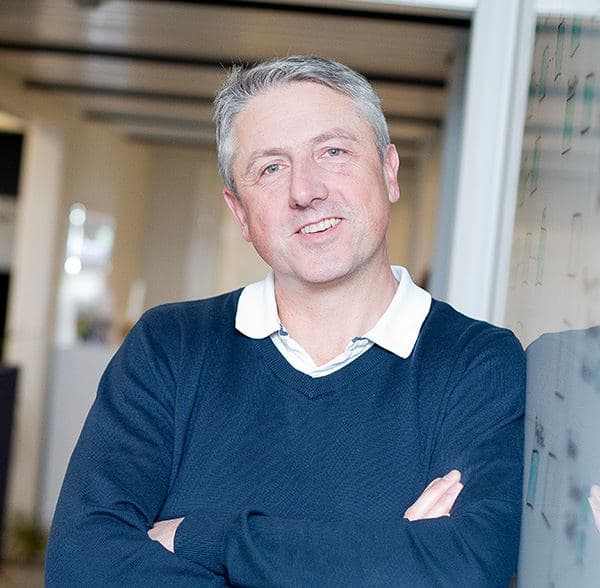
Wolfgang Birk
Wolfgang Birk is Head of Analytics at Predge AB and Professor of Automatic Control at Luleå University of Technology.
He holds a M.Sc. degree in Electrical Engineering from University
of Saarland, Germany (1997) and a Ph.D. degree in Automatic Control
from Luleå University of Technology (2002).
Birk has a background in the development of Active Safety systems and
process control application for resource efficient processes. In the
active safety area of passenger cars he has been working with systems
for collision avoidance and mitigation, and driver state estimation and warning.
For his work relating to the development of Volvo Cars Driver Alert, he has
received the Henry Ford Technology Award (2007).
In the area of process control his research work has led to control solutions
which increase the resource efficiency for energy system, iron and steel making processes, and
processes in the pulp and paper industry. Birk is co-founder of several
spin-off companies from research projects, like for example Sentiente+ which
has developed the vehicle control system behind the EPIC split between two
Volvo trucks, and Pedge AB which provides cloud-based solutions for
eMaintenance to the railway sector and process industry.
His main research interests are the application of modeling, simulation, estimation, and control
in cyber-physical and large scale complex systems.
Program Schedule
IEEE UKRI Computer Chapter is Technically Co-sponsoring I3CAT’21 and accepted papers has been published on IEEE Xplore Digital Library. https://ieeexplore.ieee.org/xpl/conhome/9629353/proceeding